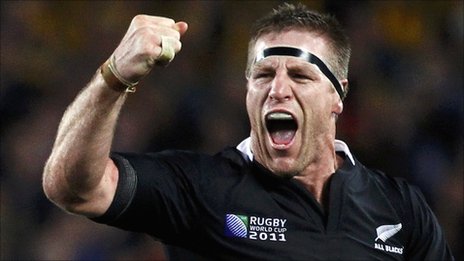 How do we benefit from playing or watching competitive sport? Clearly there are health and fitness benefits from active participation, but what about the social benefits of a game?
How do we benefit from playing or watching competitive sport? Clearly there are health and fitness benefits from active participation, but what about the social benefits of a game?
The behavior of some of the followers of some sports might seem to preclude any social benefits, but even in those cases, the individuals involved are gaining a social benefit by belonging to a “tribe” of some sort, even if the rest of us would rather they didn’t.
Watching a game of some kind is obviously, at its best, fun, exciting and even invigorating. We bond with our fellow supporters of the same side, but what about the opposition? Does a hard-played, seriously-supported match strengthen relationships with the other side? And if so, how does that work? Presupposing that’s a desirable outcome, what does it depend on?
Is it about shared experience? Or an opportunity to work off a certain kind of energy?
Perhaps if we have the maturity to see ourselves as not just part of the tribe supporting our favorite team, but also part of that bigger tribe of fans of the sport, for example, or even just fans of high achievement in anything, then we deepen relationships with the other side.
What’s different in those sports where antagonism with the other side prevails? Is it down to a greater need to define ourselves as against another side, as NOT something? Does it indicate a lack of any other sense of identity?
Here’s my take on what’s worth thinking about…
1. Our ability to be aware of our own tribal behavior.
2. Our flexibility and willingness to align with a broader tribe when that’s what matters.
3. A sense of identity that isn’t defined as being NOT something else.
These points might apply to other situations perhaps, including ones where the stakes are higher (if that’s possible!)
What do you think?

To pick up on a part of what you’re saying, I’m not in favour of defining oneself in terms of negatives, you’ll be really lucky to get to where you want to be by running away from everything else.